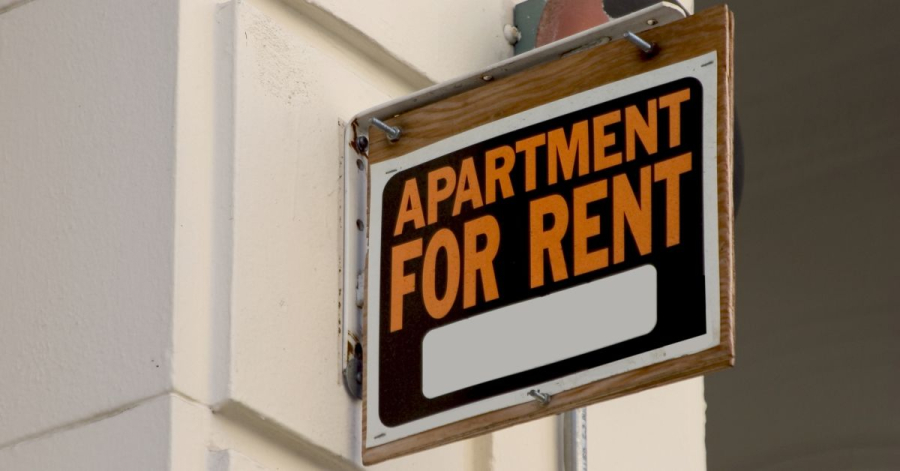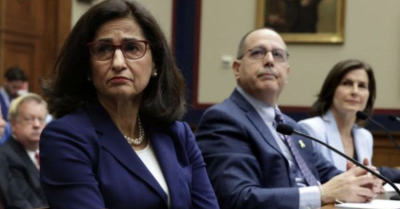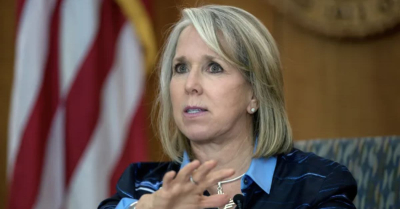In a move that has stirred controversy, Denver's local government is turning to private landlords to accommodate migrants as the city's shelters see a decline in occupancy.
This comes as the city, known for its sanctuary status, grapples with a significant budget deficit.
According to Fox 31, thousands of migrants have been leaving shelters, with the current occupancy rate falling below 1,800. "We’re at below 1,800 right now, which is the first time that number’s been that low since September," said Jon Ewing of Denver Human Services. This is a stark contrast to January's figures, which saw nearly 4,500 migrants housed in city shelters.
However, the decrease in shelter occupancy does not reflect a decrease in the migrant population within Denver. Ewing revealed that the city has reached out to landlords in an attempt to find housing for these migrants. "We put out a feeler to all the landlords we have connections with," Ewing said. "Basically said, listen, we’re going to have some newcomers who are going to need housing.”
WATCH: MAGANOMICS VS. BIDENOMICS
Ewing also mentioned a $2,000 rent cap for landlords who agree to rent to migrants. "Nonprofits already have connected folks with all kinds of housing, all over Denver," he added.
WATCH REPORT: UNEXPLAINED INCREASE IN DEATHS AMONG 18-49 YEAR OLDS
While this may appear as a positive development for migrants transitioning from shelters to private homes, the situation is more complex. As Denver 7 reports, the city is grappling with a significant budget deficit, and the reduction in shelter numbers is part of a broader cost-cutting strategy.
FORMER HONDURAN PRESIDENT'S DRUG TRAFFICKING CONSPIRACY UNVEILED IN DRAMATIC VERDICT
Mayor Mike Johnston stated that the city expects to save approximately $60 million by closing four shelters, the first of which shut its doors on Tuesday. "That means the $180 million deficit that we were facing is now closer to $120 million. That still leaves us $120 million of cuts to make," he said during a news conference. "So that means we still have work to do.”
CAUGHT ON VIDEO: ACTIVIST DEFACES HISTORIC PAINTING IN ANTI-ISRAEL PROTEST
The city has already spent over $59 million on migrant-related costs, significantly impacting its budget. The move to transition migrants to rented homes is seen as a way for the city to alleviate its financial responsibility, shifting the burden to landlords and, by extension, the wider community.
TRAGEDY AT THE BORDER: HELICOPTER CRASH CLAIMS LIVES OF NATIONAL GUARD AND BORDER PATROL PERSONNEL
The rent cap also raises concerns, as it may result in landlords receiving less than their property's worth. According to RentCafe, the average rental price in Denver is approximately $1,979, suggesting that many properties may be unavailable to migrants, or landlords may be short-changed.
INTELLIGENCE OFFICIALS SET TO BRIEF TRUMP ON NATIONAL SECURITY UPON OFFICIAL GOP NOMINATION VICTORY
This situation underscores the challenges faced by sanctuary cities like Denver, which are often caught between their commitment to support migrants and the financial realities of doing so. Critics argue that the city's approach places an undue burden on taxpayers and prioritizes migrants over its own citizens.
This article was sourced from RVL1-AM



